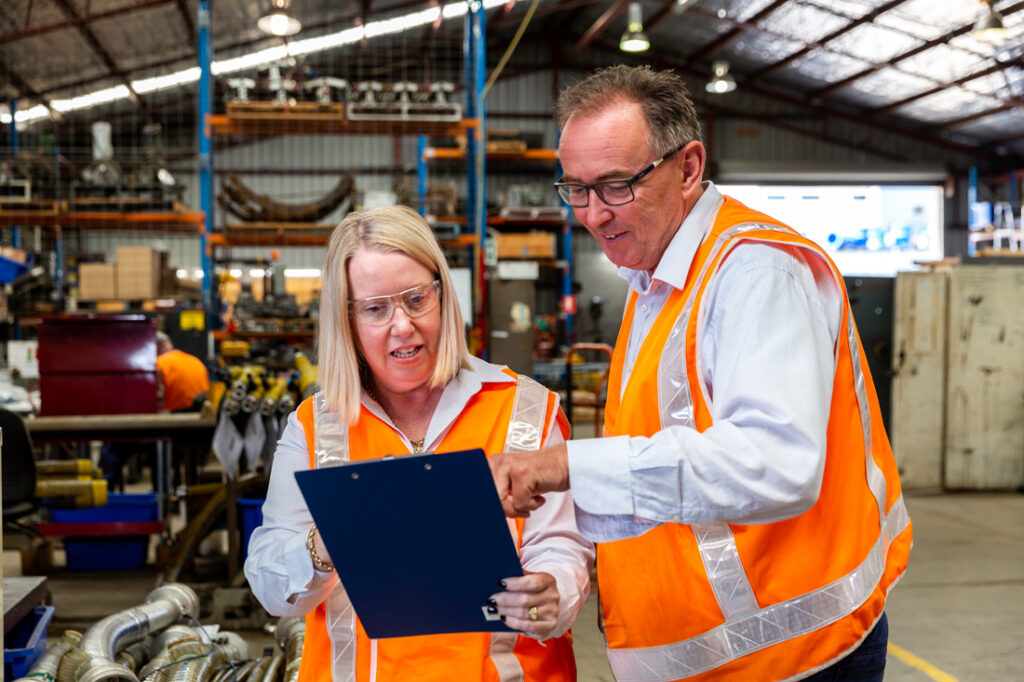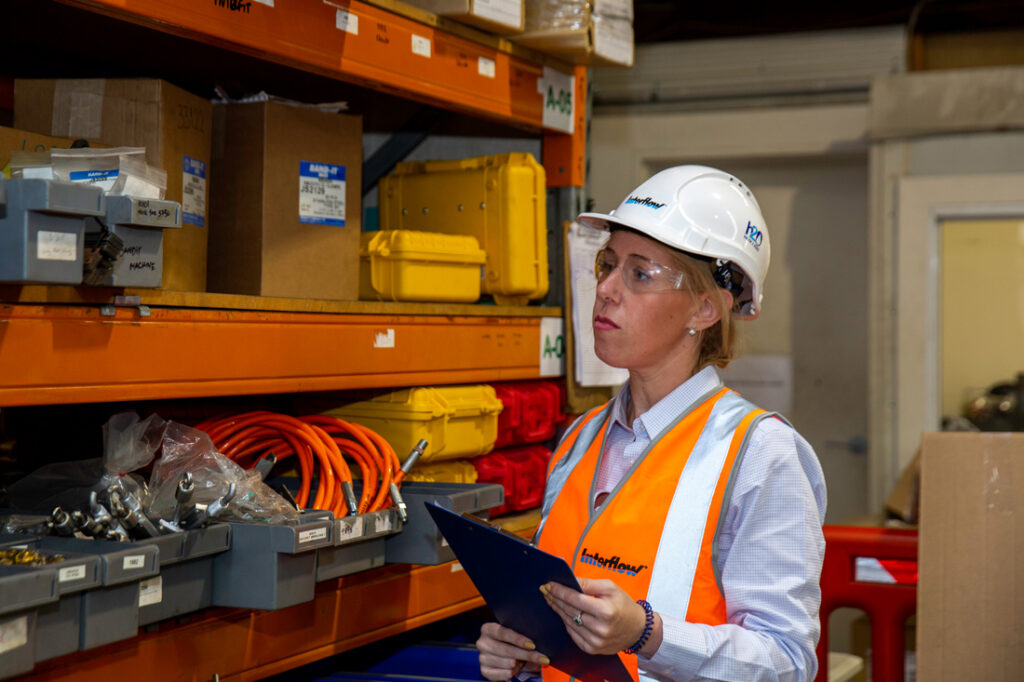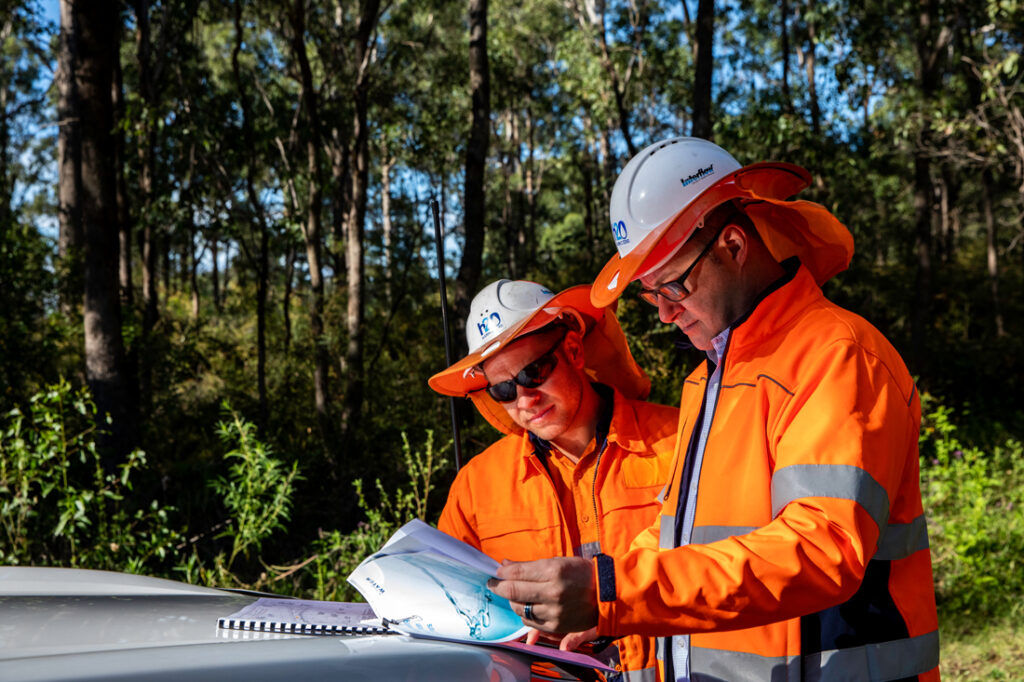
In an industry where risks are high, checklists are one of the most powerful tools to facilitate compliance with construction health and safety standards. For operators, project managers and engineers alike, having a sound checklist enables them to keep each site productive and safe.
When implementing regular construction inspection checklists, it is important to adopt the ‘Plan-Do-Check-Act’ cycle. This means personnel managing critical infrastructure projects can review current processes, mitigate errors and optimise methods to ensure that projects are delivered safely and on time.

Another tool used for quality control is an Inspection and Test Plan (ITP). This sets out the critical control points at various stages within a process and may refer to various checklists at each inspection phase.
In the water infrastructure industry, ITPs demonstrate compliance to a specification in a systematic and logical way.
For leader in pipeline infrastructure, Interflow, they are a standard part of everyday operations. Interflow’s Operations Manager – Victoria, Robert McEwen, highlights the importance of ITPs for Interflow’s field crews.
“From emergency works to planned maintenance, an ITP allows operators to complete their work with confidence and assurance.”
Even with appropriate checklists in play, accidents can still occur. The Australian Transport Safety Bureau (ATSB) published a comprehensive review of factors affecting checklist use in its report into the crash of a Beechcraft Super King Air 200 in February 2017. In its review, the ATSB identified four reasons why checklists are not always completed.
For Interflow, creating an environment where people are supported and empowered to be their best is crucial.
Robert shares the importance of keeping operators and field crews motivated to complete their work to a high standard, where checklists and ITPs play a fundamental role in keeping their essential service works to a quality standard.
“Even with the best designed checklists and ITPs, it is important that the field resource is committed to engaging with the right attitude, motivation, and commitment,” he said.
“Our field crews need to be committed to ensuring every line is installed correctly first time every time.”
Interflow’s approach is reflected in its ‘Creating the Future of Water’ ethos. By Creating the Future of Water, Interflow aims to improve the lives of its people, the communities it serves and the environment it works in, for generations to come.
Robert explains how this philosophy filters down into the way the business operates.
“For over 84 years, Interflow’s success has been underpinned by its people and their commitment to our core values of Honesty, Reliability and Competence,” he said.
“Everyone in the business lives by these values, and for field crews, checklists and ITPs are just one way we demonstrate reliability in our work.”
